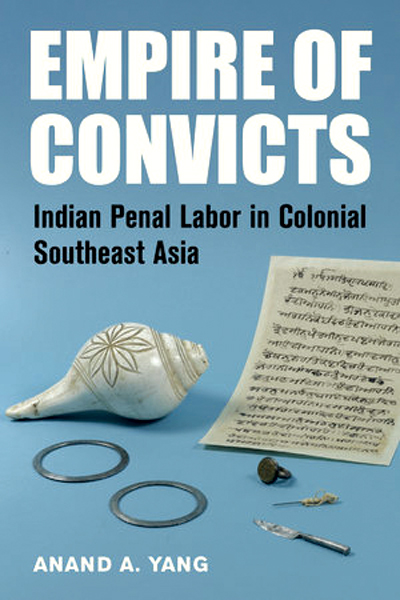HOT TYPE: New releases by Swarthmoreans
Laura Ascenzi-Moreno ’94 (with Cecilia Espinosa)
Rooted in Strength: Using Translanguaging to Grow Readers and Writers
Scholastic
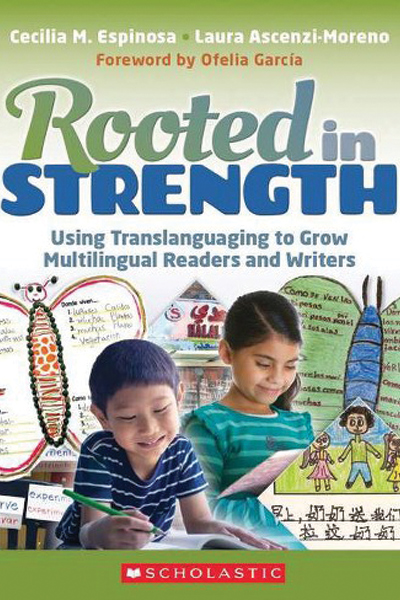

Deborah Bacharach ’88
Shake and Tremor
Grayson Books


Ann Lubin Buttenwieser ’57
The Floating Pool Lady: A Quest to Bring a Public Pool to New York City’s Waterfront
Cornell University Press
Justin Deabler ’97
Lone Stars
St. Martin’s Press
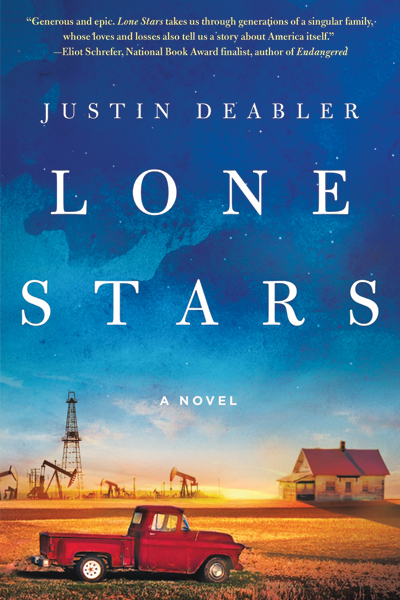

Paul Frishkoff ’60
Dr. Chuckle’s Original Cinema: 555 Puns
Wild Ginger Press
Diana Furchtgott-Roth ’79
United States Income, Consumption, Wealth, and Inequality
Oxford University Press
Michele Gamburd ’87
Linked Lives: Elder Care, Migration, and Kinship in Sri Lanka
Rutgers University Press
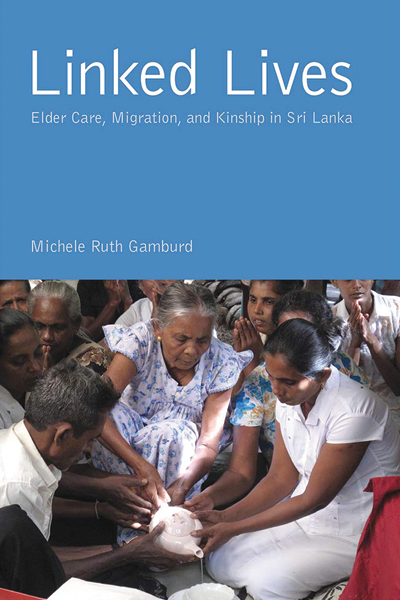

Daniel Headrick ’62
Humans Versus Nature
Oxford University Press
Carl Levin ’56, H’80
Getting to the Heart of the Matter: My 36 Years in the Senate
Wayne State University Press
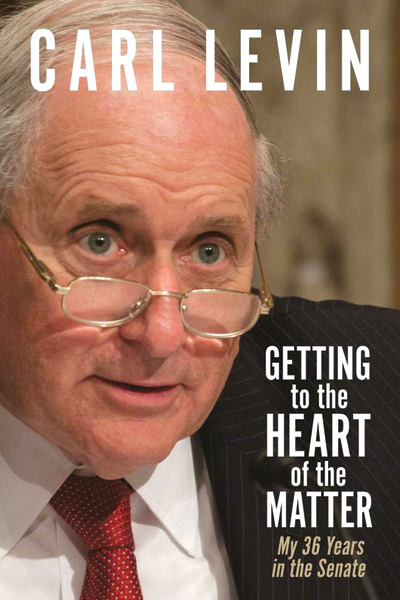

Edward Melillo ’97
The Butterfly Effect: Insects and the Making of the Modern World
Knopf
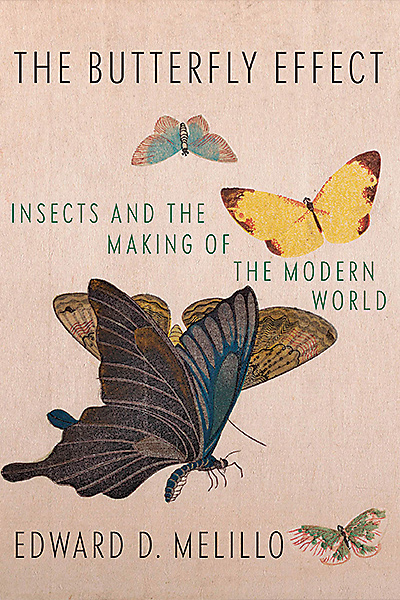

Linda Barrett Osborne ’71
Guardians of Liberty: Freedom of the Press and the Nature of News
Abrams Books for Young Readers
Clyde Prestowitz ’63
The World Turned Upside Down: America, China, and the Struggle for Global Leadership
Yale University Press
Jed Rakoff ’64, H’03
Why the Innocent Plead Guilty and the Guilty Go Free
Farrar, Straus and Giroux
John Strauss ’54
To Understand a Person: An Autobiography (of Sorts)
Epigraph Publishing
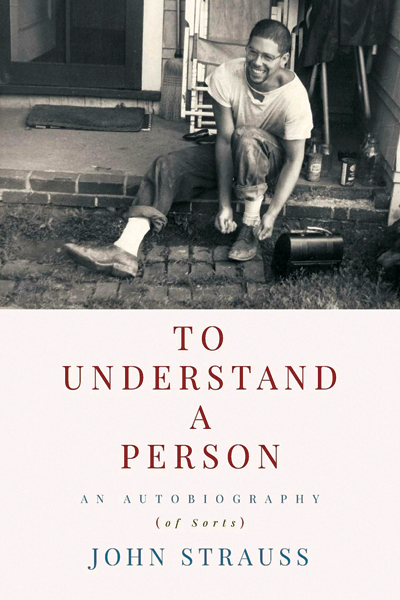

Anand Yang ’70
Empire of Convicts: Indian Penal Labor in Colonial Southeast Asia
University of California Press
